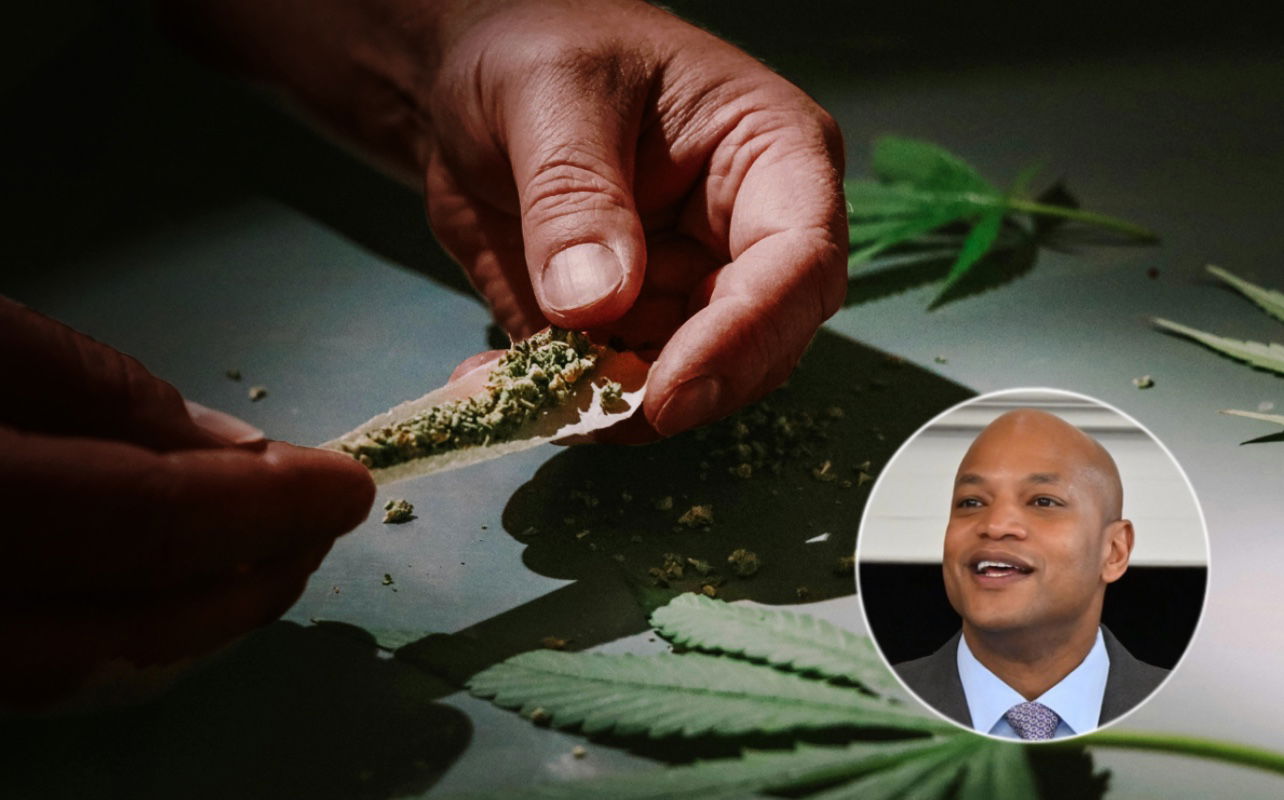
June 20, 2024
Gov. Wes Moore Grants 175K Pardons For Marylanders With Marijuana Convictions
Such an amazing move, Gov. Moore!
Gov. Wes Moore (D-MD) is reversing the damage done by the war on crime by ordering more than 175,000 residents in the state of Maryland to be pardoned for marijuana convictions.
During a press conference on June 17, Moore called the move the “most sweeping state-level pardon in any state” that will affect “tens of thousands of Marylanders” convicted of misdemeanors. “We are taking actions that are intentional, that are sweeping and unapologetic, and this is the largest such action in our nation’s history,” Moore said.
Executive Director of the University of Baltimore School of Law Center Heather Warnken labeled the pardons “a win for thousands of Marylanders getting a fresh start to pursue education, employment, and other forms of economic opportunity without the stain of a criminal conviction.”
That holds for people like Shiloh Jordan, who lost his job on his second day as the result of a minor cannabis conviction that appeared in a background check. Jordan attended the press conference, and although Moore highlighted how he was able to go back to school and is now employed at the Center for Urban Families in Baltimore, the cannabis conviction was still on his record.
“Well, today, that ends,” the governor said.
“This is about changing how the government and society view those walled off from opportunity because of broken and uneven policies.”
Recreational cannabis was made legal in the state in 2023 following the 67% voter approval of a constitutional amendment in 2022. On Jan. 1, 2023, the state decriminalized possession of personal use amounts of cannabis. Following suit, 24 states and the District of Columbia now label recreational cannabis as legal.
The pardons will affect over 150,000 misdemeanor convictions for simple possession of cannabis and will cover more than 18,000 misdemeanor convictions for use or possession with intent to use drug paraphernalia. As a result of the ordered pardons, the state judiciary will update each electronic docket to show Moore pardoned the conviction.
While that process takes up to two weeks, Moore also directs the state corrections department to curate a process that will indicate a pardon in a person’s criminal record, which can take close to 10 months to complete.
Maryland’s Attorney General Anthony Brown supports the measure, calling it “long overdue.” “As a nation, we have taken far too long to correct the injustices of a system that is supposed to be just for all,” Brown said. “It’s about racial justice. While the order applies to all who meet its criteria, the impact is a triumphant victory for African Americans and other Marylanders of color who were disproportionately arrested, convicted, and sentenced for actions yesterday that are lawful today.”
Moore’s news came just one month after the Biden administration officially moved forward with reclassifying marijuana from Schedule I to Schedule III, according to ABC News. If approved — after going through a 60-day public comment era — the move would limit punishment for persons in possession of marijuana regarding a federal crime.
Afterward, the Drug Enforcement Administration (DEA) will assign an administrative law judge to consider the evidence and make a final scheduling recommendation.